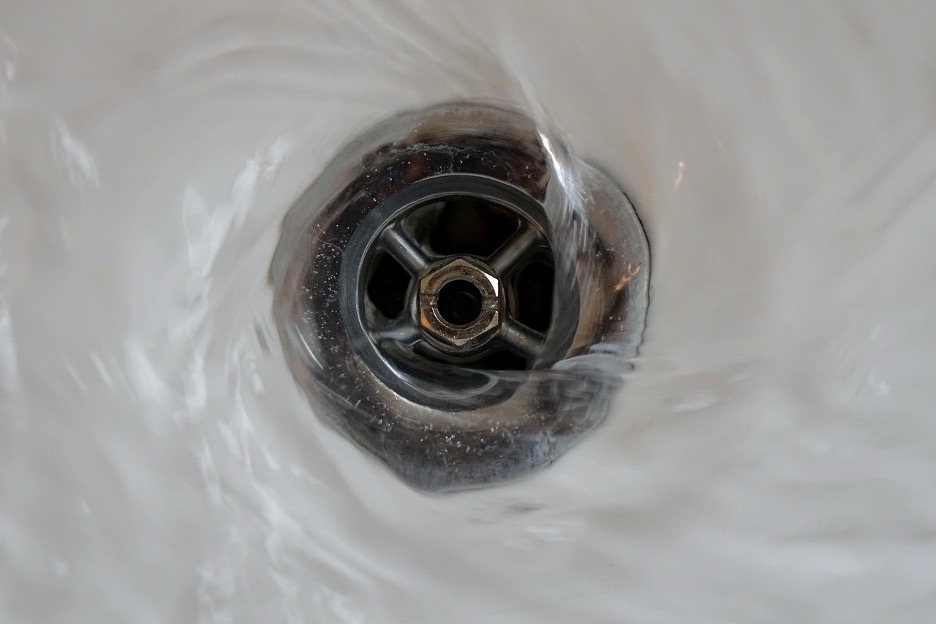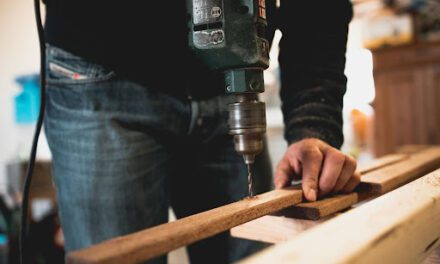Image by Semevent from Pixabay
Plumbing plays a big part of our everyday life. From washing dishes to showering, your drain works tirelessly behind the scenes. But have you considered what goes on there? Although this system might be out of sight and out of mind for most of us, this blog will look at some of its inner workings and how to maintain its proper function for both your home health sake as well as your curiosity.
What Happens in Your Drain Isn’t Magic
While the concept may appear simple, water and waste disappear into the pipes, your drain is actually part of an intricate system designed to prevent blockages, unpleasant odors and plumbing disasters. Wastewater travels through pipes connected by slopes, traps and vents before flowing to municipal sewage lines or a septic tank. When this all works smoothly it feels effortless but even the most sophisticated plumbing cannot accommodate misuse or neglect. Residue such as grease build-up inside can clog your flow which eventually causes bigger issues to pop-up. Your drain has enemies which don’t take holidays.
Enemies of the Drain: What to Watch Out For
- Grease and Oils: Grease and oils can wreak havoc with your drains. While they may come down the sink as liquid form, as soon as they cool they harden into solid form, clogging pipes and creating blockages within them.
- Hair and Soap Scum: In bathroom drains, hair often tangles with soap residue to form blockages that often go undetected until trouble strikes.
- Food Scraps: Even with a garbage disposal in place, certain food items like coffee grounds, eggshells and starchy foods like pasta can become a bully with your drain flow.
- Bathroom Products: Flushing wet wipes, cotton swabs or hygiene products can quickly add up to an expensive plumbing bill as these non-biodegradable materials tend to block drains quickly.
By eliminating these culprits, you can significantly decrease your plumbing problems. But for much better results, routine preventive maintenance must also happen to keep your drains clear.
Simple Drain Maintenance Tips To Keep Your Drains Happy
- Use Drain Strainers: Mesh or perforated strainers can be amazing tools in catching hair, food particles and debris that could end up going down your pipes.
- Running Hot Water on a Regular Basis: Flush your drains regularly with hot water to help break up grease build-up in your pipes and prevent it from hardening. Doing this once or twice every week is sure to do wonders for keeping everything clear and flowing smoothly.
- Avoid Chemical Cleaners: While commercial drain cleaners may seem convenient, their harsh chemicals can damage pipes over time. Instead, try natural remedies like baking soda and vinegar as great drain cleaners.
- Schedule Regular Cleanings: Regular professional drain cleaning can make a huge difference, clearing away build-up that might otherwise go undetected and preventing bigger issues from developing.
Knowing When It’s Time to Call in the Experts
Some drainage problems require professional expertise rather than DIY fixes. If you experience persistent clogs, foul smells, or gurgling noises it may be time to call in the experts. Professionals such as Bluefrog Plumbing use advanced tools such as drain cameras and hydro jetting systems to quickly identify and resolve problems efficiently, saving you a lot of hassle. If you don’t act quickly on suspected issues, it could lead to costly sewage backups or pipe damage which no homeowner wants to deal with.
Your drain is an important component to the smooth running of your home. When you treat it with care and avoid common drainage pitfalls, regularly perform maintenance checks, and know when professional help should be sought out, you can keep your plumbing functioning optimally. A healthy drain is a happy drain, meaning less stress for you.






